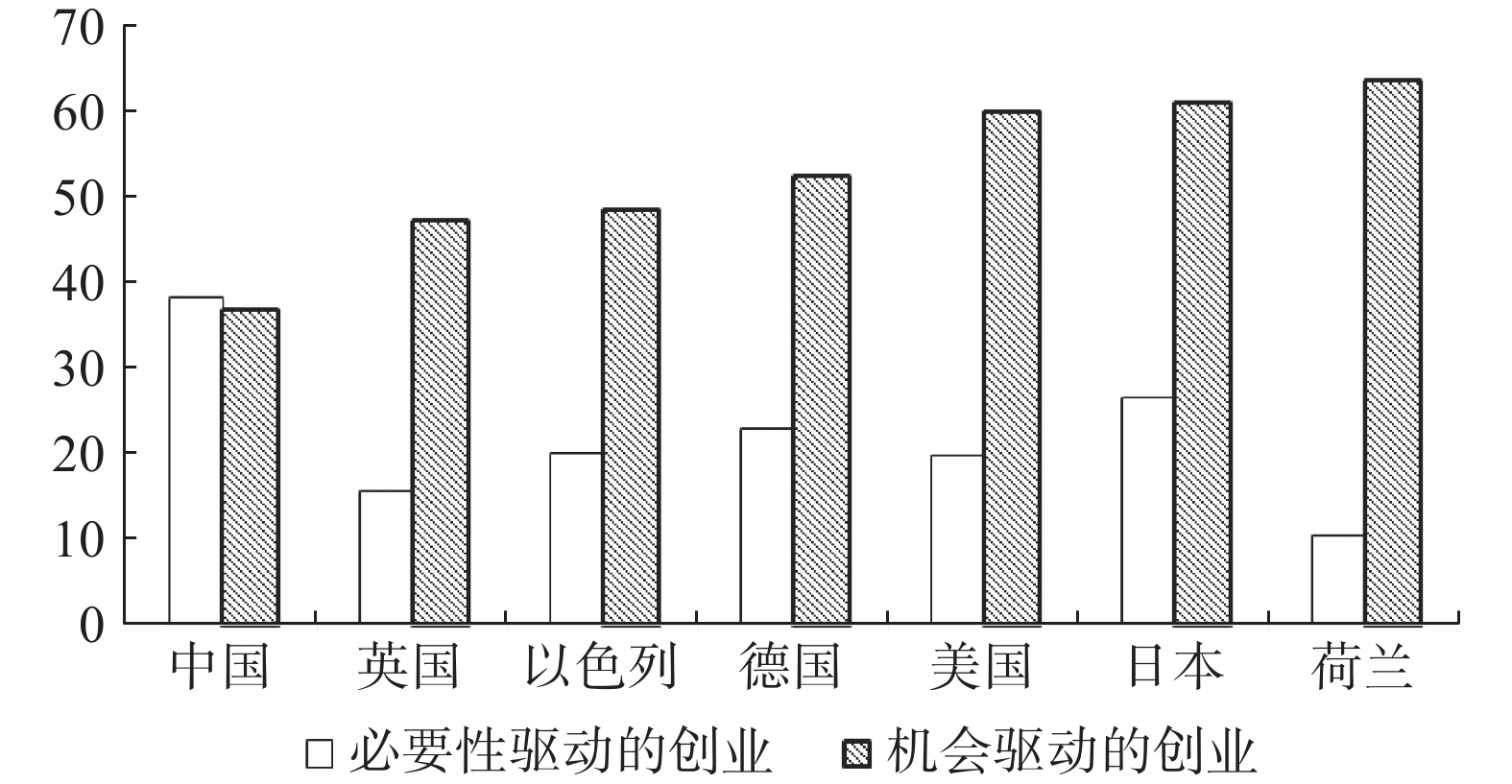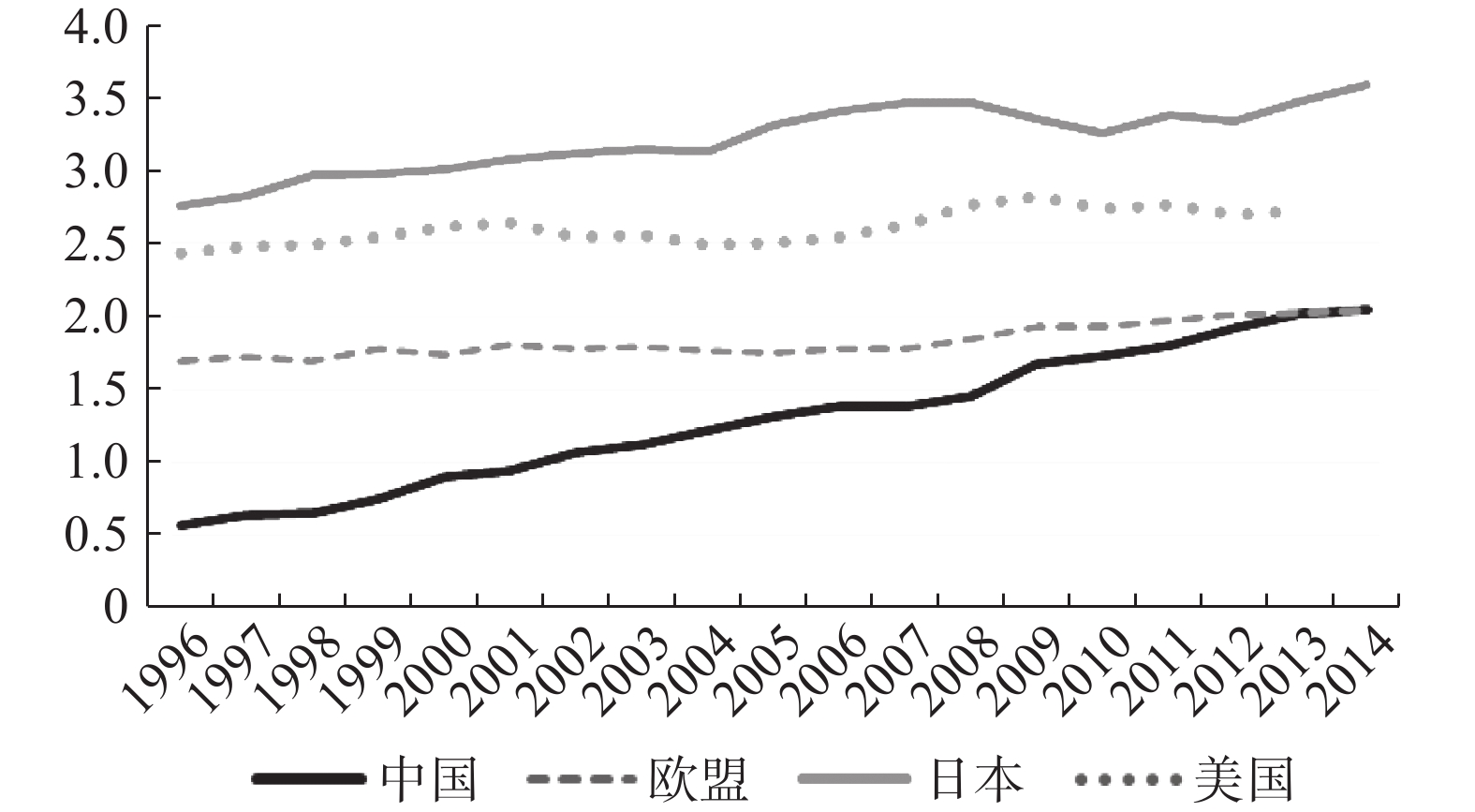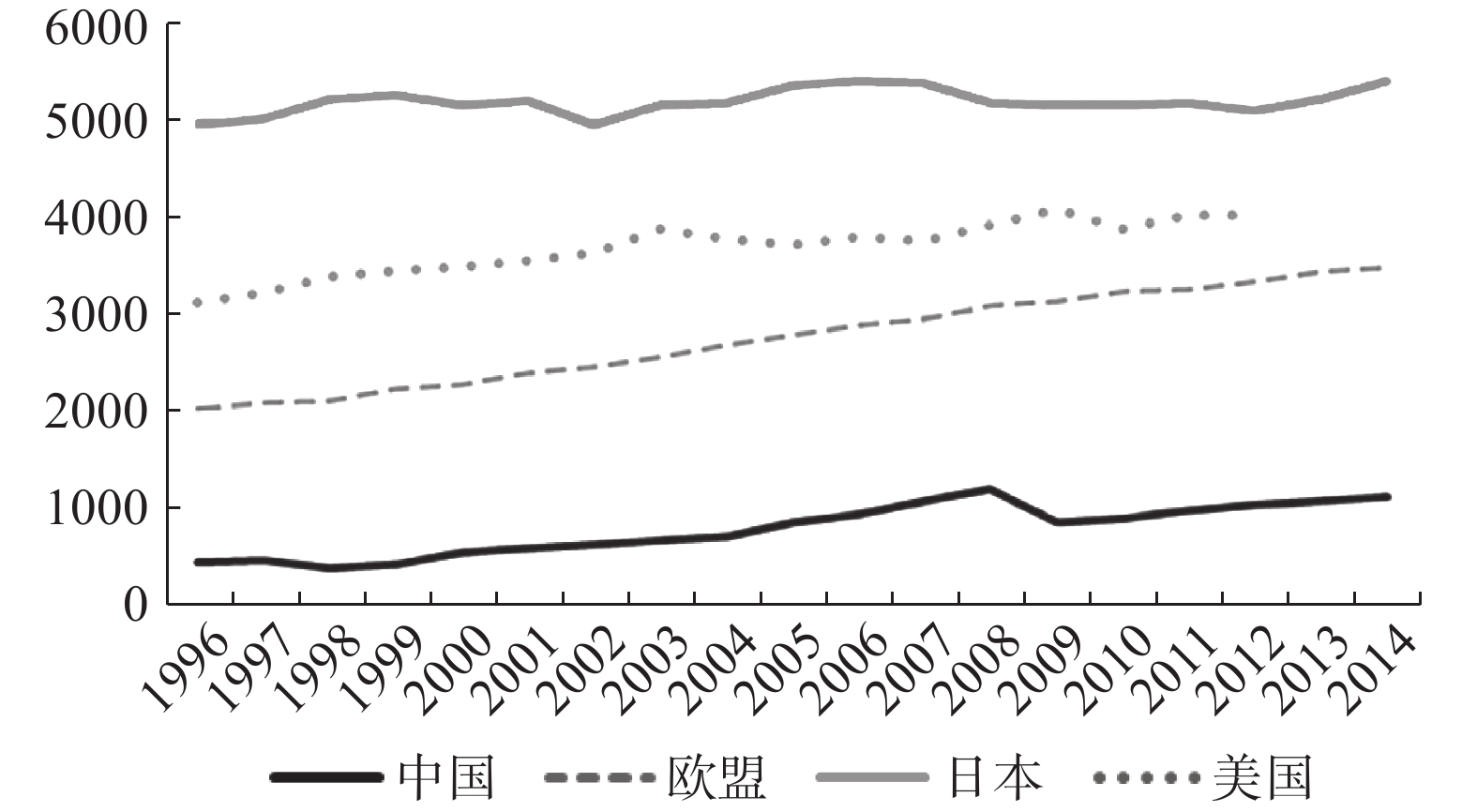Entrepreneurship and Schumpeterian Growth and Transformation of China’s Economy
- Available Online: 2020-07-20
Abstract: The study of the internal mechanism of economic growth transformation and the cultivation of entrepreneurship has important practical significance for realizing the high-quality development of China’s economy under the New Normal. The analysis of endogenous growth theory shows that the Chinese economy needs to shift from Smith-type growth to Schumpeter-type growth. Entrepreneurship plays an important role in the transition. Specifically, entrepreneurship promotes economic growth transformation through knowledge spillover and transformation mechanisms, opportunity identification and implementation mechanisms, and diversification mechanisms. In short, economic growth depends on innovation, and innovation depends on entrepreneurs. However, the accumulation of Chinese entrepreneurial capital is still insufficient, which will affect the smooth transition of China’s economic growth. Studies have shown that creating a good entrepreneurial environment, increasing knowledge accumulation, and maintaining a balanced market structure are effective ways to promote the accumulation of entrepreneurial capital.




 沪公网安备 31010102003103号
沪公网安备 31010102003103号 DownLoad:
DownLoad:


